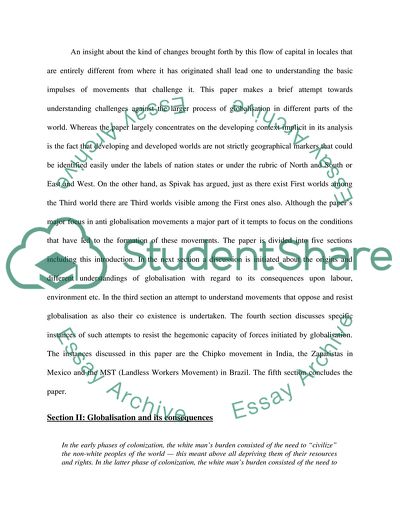Cite this document
(Has anti-globalization become mainstream politics Research Paper, n.d.)
Has anti-globalization become mainstream politics Research Paper. Retrieved from https://studentshare.org/politics/1737106-has-anti-globalization-become-mainstream-politics
Has anti-globalization become mainstream politics Research Paper. Retrieved from https://studentshare.org/politics/1737106-has-anti-globalization-become-mainstream-politics
(Has Anti-Globalization Become Mainstream Politics Research Paper)
Has Anti-Globalization Become Mainstream Politics Research Paper. https://studentshare.org/politics/1737106-has-anti-globalization-become-mainstream-politics.
Has Anti-Globalization Become Mainstream Politics Research Paper. https://studentshare.org/politics/1737106-has-anti-globalization-become-mainstream-politics.
“Has Anti-Globalization Become Mainstream Politics Research Paper”, n.d. https://studentshare.org/politics/1737106-has-anti-globalization-become-mainstream-politics.


